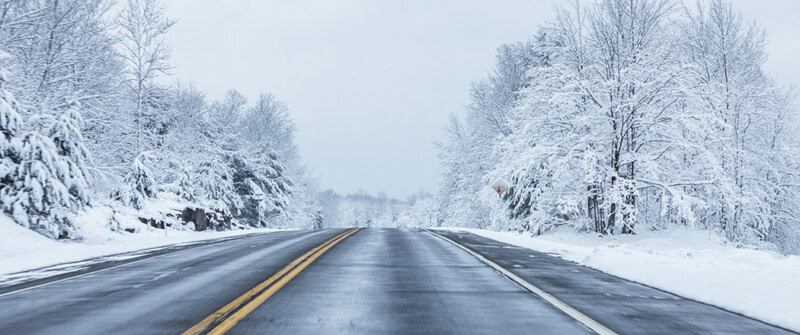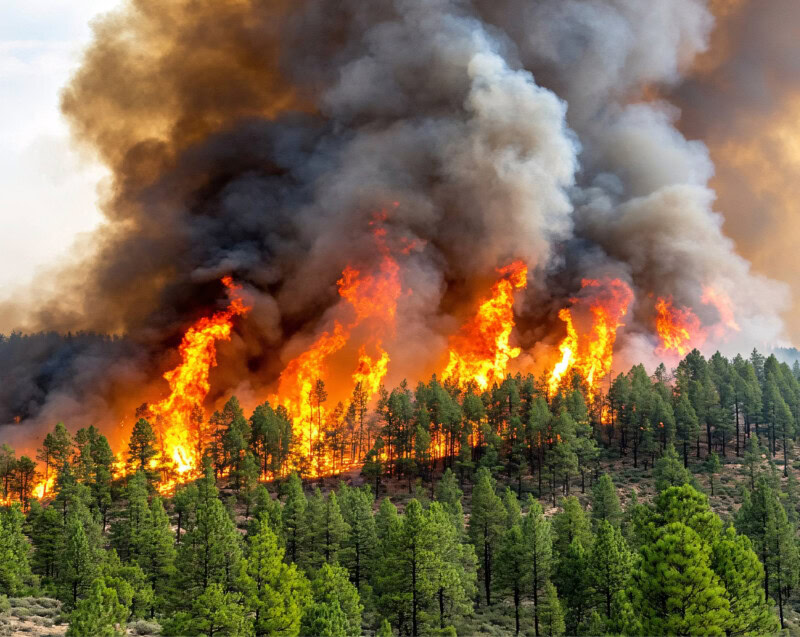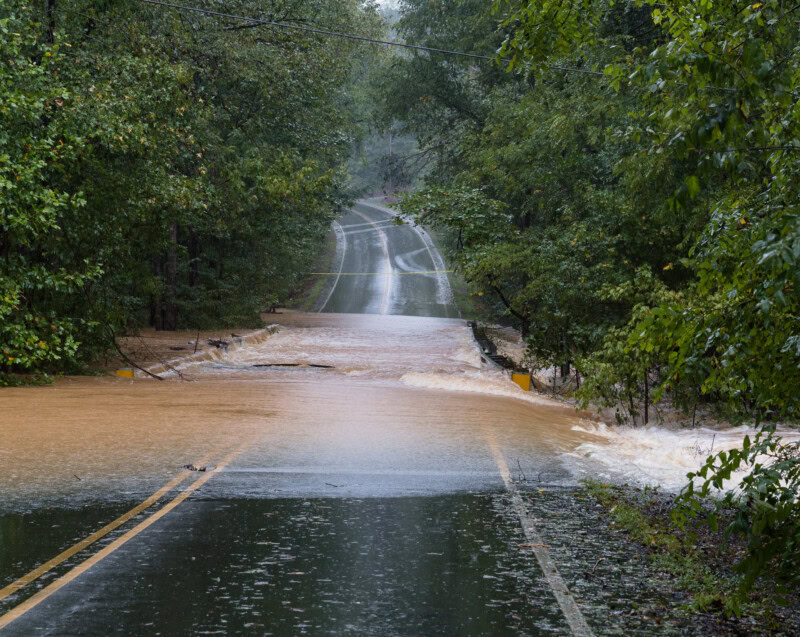Without the proper precautions, working in the cold may not only be unpleasant—it may be lethal. That’s why CTEH’s Scott Skelton, MS, CIH encourages businesses and organizations to think through their cold weather response plans in “peace time” so they can better protect employees if, or when, issues do arise. In addition to cold stress, Scott encourages entities to be cognizant of the following concerns during frigid weather responses:
Airborne concentrations: Spills involving hydrocarbons may expose workers to VOCs, benzene and other compounds. These concentrations may be higher in enclosed work areas and heat tents, so air monitoring should be conducted to ensure individuals’ safety.
Dehydration: We often associate hot temperatures and high humidity with dehydration. However, cold weather workers can also get dehydrated due to bulky clothing, decreased thirst response and rapid sweat evaporation.
Driving: While not a direct part of emergency response efforts, driving can present a significant risk to employees’ safety—both in operations and in travel to and from affected areas.
Operational issues: Frigid weather can complicate already complex response operations. For example, warming tents may be needed to prevent underflow pipes from freezing. Or, ice thickness and loadbearing capacity may need to be assessed to ensure safe operations or to transport equipment on ice.
Slips, trips and falls: Extreme cold weather clothing can limit workers’ mobility, balance or manual dexterity, increasing the risk of slips, trips and falls. The rate of these incidents can be exacerbated by icy or oily conditions.
It’s important for entities to have a sound medical plan for their cold weather responses so workers can receive prompt access to medical care, if needed. As Scott says, “Good communication is always essential for reporting injuries and requesting assistance in remote areas, but even more so in frigid conditions.” If you have questions about developing a cold weather response plan or training your employees, contact Scott and the CTEH team at 501-801-8500 or webquestion@cteh.com.
It’s important for entities to have a sound medical plan for their cold weather responses so workers can receive prompt access to medical care, if needed. As Scott says, “Good communication is always essential for reporting injuries and requesting assistance in remote areas, but even more so in frigid conditions.” If you have questions about developing a cold weather response plan or training your employees, contact Scott and the CTEH team at 501-801-8500 or webquestion@cteh.com.




